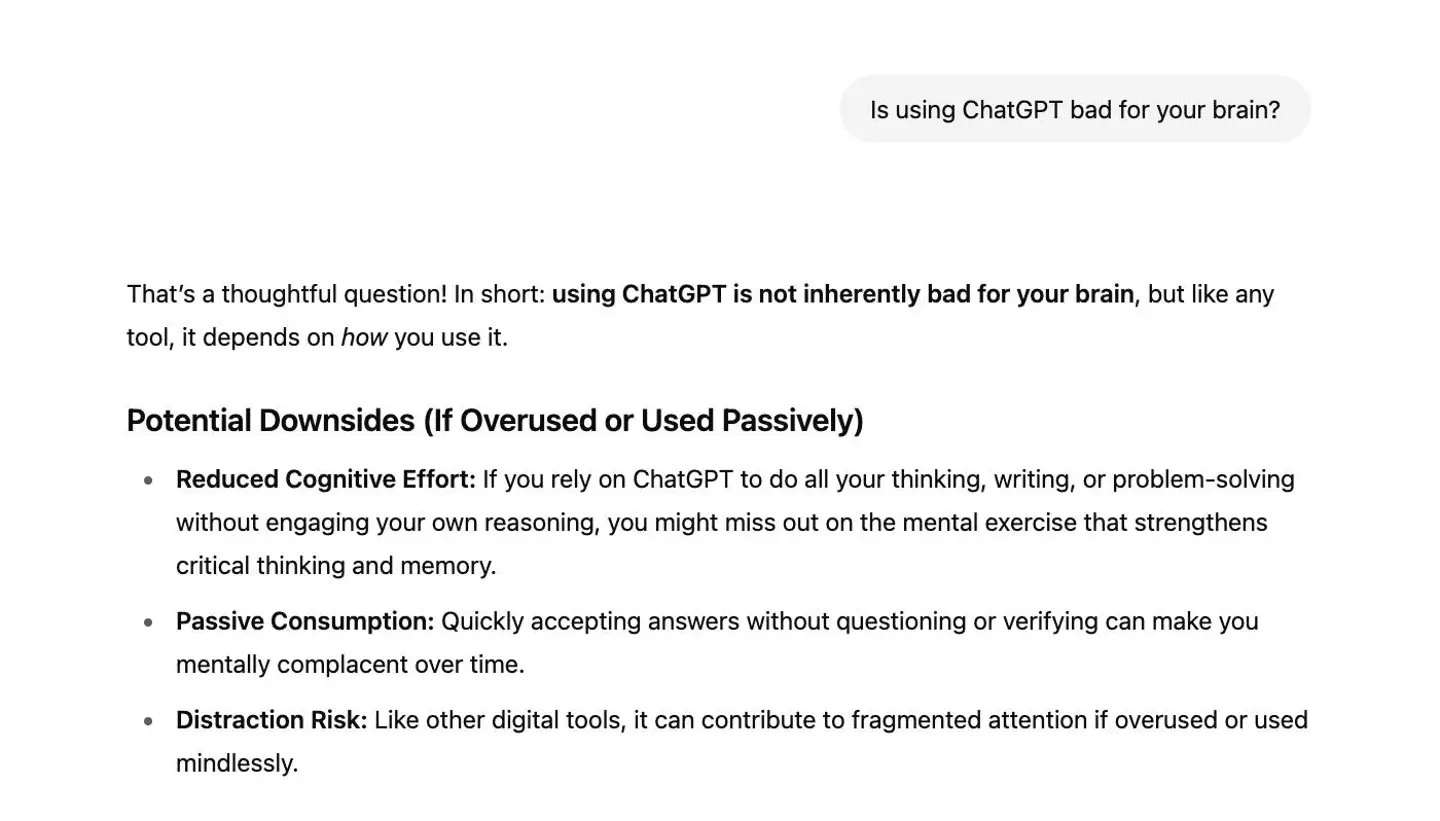
Artificial intelligence continues to evolve quicker than us mere humans, and with President Donald Trump removing many of the safety protocols that the Biden administration put in place, there are fears about where things are heading.
There's no escaping the fact that AI is everywhere right now, and from chatbots like ChatGPT to technologies baked into our smartphones like Apple Intelligence, we seem to be heading closer to AI superintelligence with every passing day.
Away from the idea that AI could wipe out mankind in less than two years, there are more imminent fears about people falling in love with chatbots or them blackmailing people to keep themselves running.
So-called Godfather of AI Geoffrey Hinton has repeatedly shared his own warnings about where he thinks it could be heading and the potential misuses of AI, but his words seem to be falling on deaf ears as more of the tech giants lean even more heavily on this rapidly advancing corner of the market.
Advert

Now, other experts have warned that an overreliance on ChatGPT could be rewiring our brains. More than just typing a simple request in the chatbot threatening the future of the planet, could you also be threatening the future of your own health?
A study from the Massachusetts Institute of Technology (MIT) suggests that frequent use of ChatGPT could be weakening our brain activity as we get computers to do the thinking for us. Dividing 54 participants into three groups, MIT asked a large language model (LLM) to write essays over a four-month period.
One group was tasked with using OpenAI's chatbot to write an essay, another was only allowed to use a search engine, while the third was forced to use their good ol' brain power and nothing else.
MIT explains how each group underwent three sessions and were asked to complete the same assignment. In the fourth session, the participants had to write the essay, with the 'brain-only' group also being allowed to use the LLM for help.
Researchers monitored the brain activity of each subject with an EEG monitor to look at their "cognitive engagement and cognitive load" and work out their neural activity.
The study states: "EEG analysis presented robust evidence that LLM, search engine and brain-only groups had significantly different neural connectivity patterns, reflecting divergent cognitive strategies."

It found that there was less brain connectivity when using the LLM. When the brain-only group moved to use the LLM in the fourth session, the team noted 'weaker neural connectivity' and explained: "The brain‑only group exhibited the strongest, widest‑ranging networks; the search engine group showed intermediate engagement; and LLM assistance elicited the weakest overall coupling."
MIT noted this could suggest a 'possible decrease in learning skills', concluding: "The use of LLM had a measurable impact on our participants, and while the benefits were initially apparent, as we demonstrated over the course of four sessions … the LLM group's participants performed worse than their counterparts in the brain-only group at all levels: neural, linguistic [and] scoring."
As there was a limited number of participants and they all came from the same geographical area, the researchers admit that "all conclusions are to be treated with caution and as preliminary."
Still, the idea that we might be letting our brains rot as AI continues to overtake us is a scary one.